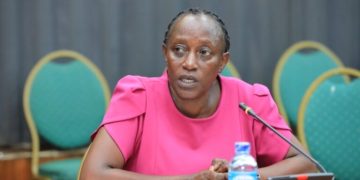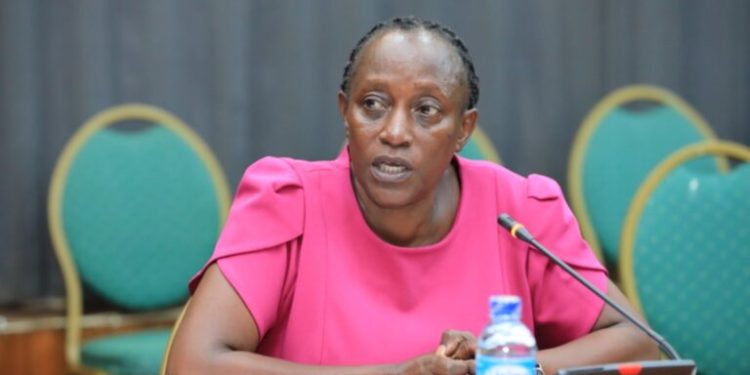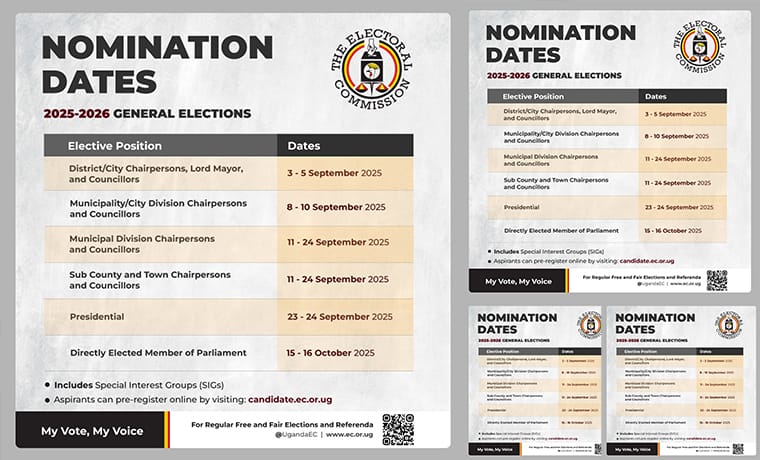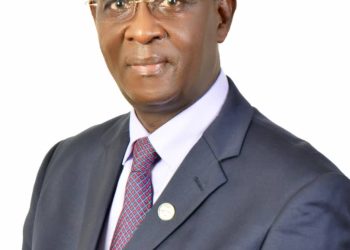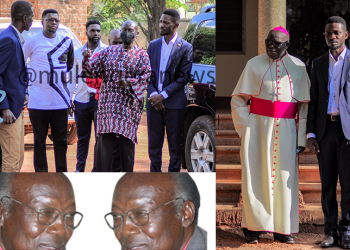By Mulengera Reporters
Legal scholar Diana Musoke has strongly opposed the proposal to allow marriages to be conducted virtually in Uganda, questioning how such unions would be consummated if the spouses live in different time zones.
Appearing before the Joint Committee on Legal and Gender Affairs on February 19, 2025, Musoke criticized key provisions of the Marriage Bill 2024, which was tabled last year by Tororo District Woman MP Sarah Opendi.
“The law introduces marriage by virtual means—Zoom or other gadgets. Does this mean that consummation is no longer an essential requirement for validating marriage? Can two people claim to be married while living in different time zones? What, then, is the purpose of marriage without sexual intercourse? Are we introducing convenient or compassionate marriages?” Musoke questioned.
Musoke, who lectures on Domestic Relations at the Islamic University in Uganda (IUIU), also rejected a proposal in the Bill allowing marriages to be annulled due to infertility, arguing that medical science provides solutions to such conditions.
“Impotence can be medically and scientifically determined. If someone is impotent, it can often be corrected through surgery. So how can we say a marriage is void based on something that is treatable? We need clarity on who will determine this,” she stated.
Under Clause 40 of the Bill, Opendi proposes several conditions for declaring a marriage null and void, including a man’s impotence or a woman’s permanent vaginismus at the time of contracting the marriage.
According to the UK’s National Health Service (NHS), vaginismus is a condition where the vaginal muscles involuntarily tighten, making penetration painful or impossible. While distressing, the condition is treatable. It is more common in women in their late teens to early 30s.
Musoke also opposed Opendi’s proposal to declare a marriage void if it remains unconsummated for six months, arguing that the timeframe is impractical.
“The purpose of marriage is to legalize sexual intercourse—there’s no question about it. Now, you are saying that if consummation does not happen within six months, the marriage is voidable. But why should a couple live together for six months before such a decision is made? Is that practical?” she asked.
Drawing from her PhD research, Musoke noted that in many countries, consummation is expected within hours or days, not months.
“In other jurisdictions, the period is much shorter. Why should Uganda adopt such a long timeframe? Expecting a couple to stay in the same house for six months without consummation before declaring the marriage voidable is unnecessary,” she argued.
Polygamy and Religious Conflicts
Musoke also raised concerns about Opendi’s proposal to allow couples to convert monogamous marriages into polygamous ones, questioning its compatibility with religious doctrines that promote one-man-one-woman unions.
“Are we not diluting the institution of marriage as defined by religious faith? The Bible says ‘one man, one woman,’ yet this law could cause conflicts between religious teachings and legal provisions. If someone chooses monogamy, they should remain monogamous. Likewise, if they choose polygamy from the start, that is their decision,” Musoke remarked.
She also warned that the provision could create a loophole for men in church marriages to legally take multiple wives while maintaining their religious standing.
“Is this a backdoor attempt to legalize cohabitation? A man married in church could convert his monogamous marriage into a polygamous one, allowing him to marry more women while still being considered a church faithful,” she argued.
Musoke further expressed fears that the clause requiring both spouses to consent to such a conversion could lead to domestic violence.
“Are we sure that women will give their free will? And if they don’t, what happens next? Domestic violence. Converting monogamous marriages to polygamous ones is going to be dangerous,” she cautioned.
Criminalizing Cohabitation
Musoke also criticized Opendi’s proposal to criminalize cohabitation, questioning its enforceability.
“Can this really be an offense in law? Who will be the witness? What about the fundamental human right to freedom of association? How can it be an offense when, under Clause 61, cohabitation is recognized for purposes of child maintenance and property rights? If cohabiting couples have property rights, how can their relationship be criminalized?” she questioned.
The Marriage Bill 2024 remains under scrutiny as Parliament continues its deliberations-Parliament Watch. (For comments on this story, get back to us on 0705579994 [WhatsApp line], 0779411734 & 041 4674611 or email us at mulengeranews@gmail.com).
